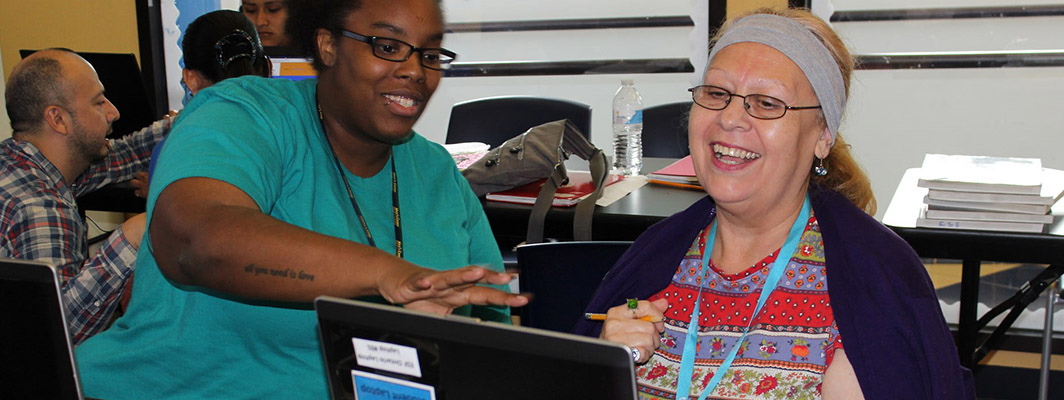
For practitioners that work with students where internet access is not accessible, such as rural communities or prisons, a tool to bridge the gap would make a world of a difference. That’s where Remote Area Community Hotspot for Education & Learning (RACHEL) comes in. RACHEL is a portable plug-and-play server that stores educational websites and makes content available over any local (offline) wireless connection. Because RACHEL is used in more than 20 countries, an online community has emerged to support educators as they introduce the tool in local communities.
What jobs can I apply for based on my skills and career interests? How can learn new skills while working full-time? These are some of the questions Workforce Atlas developers answer with their online career pathways platform that assess literacy, numeracy, workplace skills, and interests. After completing the assessments, Workforce Atlas recommends occupations, online resources, and local providers.
For those overwhelmed by the sheer number of tools to facilitate adult learning, the Outreach and Technology Assistance Network (OTAN) offers free online and in-person workshops for adult educators and staff in California. OTAN’s workshops range from creating instructional videos or websites to designing and sharing online resources. In March 2020, OTAN will host the Technology and Distance Learning Symposium for teachers, coordinators, and administrators in the network of California adult education providers.